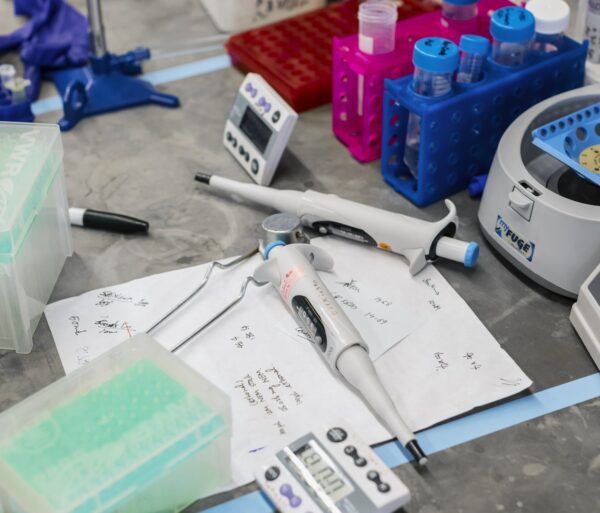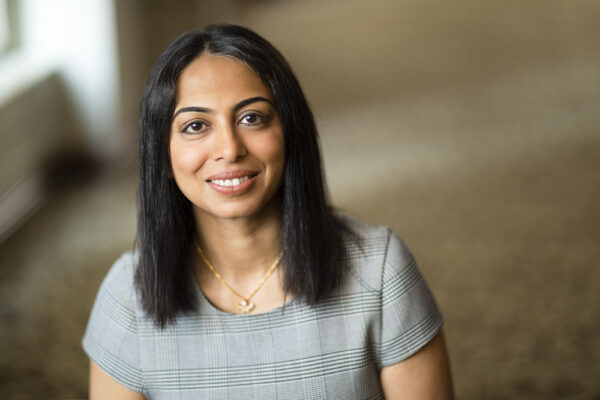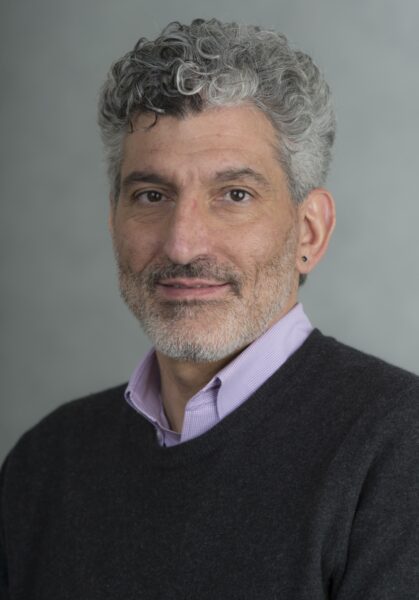Goal: for fMRI to become a standard pre-surgical procedure, so physicians can avoid current invasive pre-surgical procedures
Dr. James Tao, a neurology instructor in the University of Chicago’s Comprehensive Epilepsy Center, hopes his seed grant study on the pre-surgical evaluation of patients with temporal lobe epilepsy will be the first step toward someday replacing a currently painful surgical procedure and an uncomfortable five- to seven-day hospital stay with a non-invasive, two-hour functional magnetic resonance imaging (fMRI) procedure.
While approximately 70 percent of patients with uncontrolled temporal lobe epilepsy can be cured by brain surgery, the pre-surgical evaluation to map the brain’s language and speech center is now a painfully invasive procedure. Mapping the location of language-associated cortex enables surgeons to remove as much seizure-causing tissue as possible during the actual surgery while avoiding damage to critical language, memory and motor functions.
In his Brain Research Foundation-funded study, Dr. Tao was to conduct pre-surgical evaluations for temporal lobe epilepsy patients using fMRI. Each patient was to be asked to read, review pictures and answer questions as brain activity is mapped. Dr. Tao planned to then compare each patient’s fMRI report with the results of the traditional invasive mapping procedure in which electrodes are implanted in the brain and the patient is monitored over several days in the hospital. This pilot study was to be the first time fMRI will be used in language mapping. Dr. Tao hoped to gather enough data to build a reliable set of standards for future research. He believes this brain imaging could be a breakthrough use of fMRI as a clinical tool for mapping the language center.
Dr. Tao’s long-term aim is for fMRI to become the standard presurgical procedure, so physicians can avoid invasive pre-surgical procedures, thus preventing such related negative outcomes as bleeding and blood clots. He also wants to help alleviate the “tremendous suffering” patients currently endure while preparing for surgery on the brain’s dominant side.
“We have seen the suffering of patients in the hospital. First they have surgery to implant the electrodes. Then they’re lying in bed for days with wires in their head, attached to a machine. It’s very painful,” he said.
Dr. Tao used the University of Chicago’s Brain Research Imaging Center and collaborated with Dr. Steven L. Small, Associate Professor of Neurology, Radiology and Psychology at the University of Chicago, and co-director of the Brain Research Imaging Center. Dr. Tao’s study also built on collaborative work with Dr. John Ebersole of the University of Chicago’s Adult Epilepsy Center.



